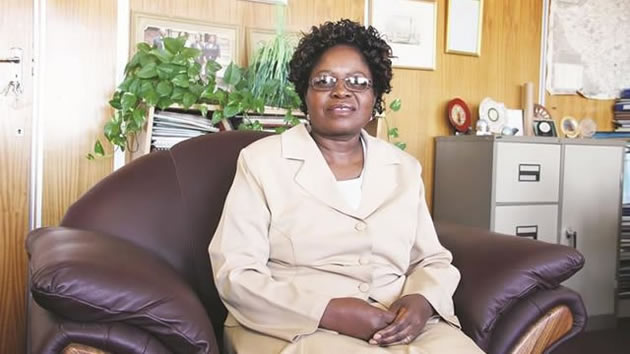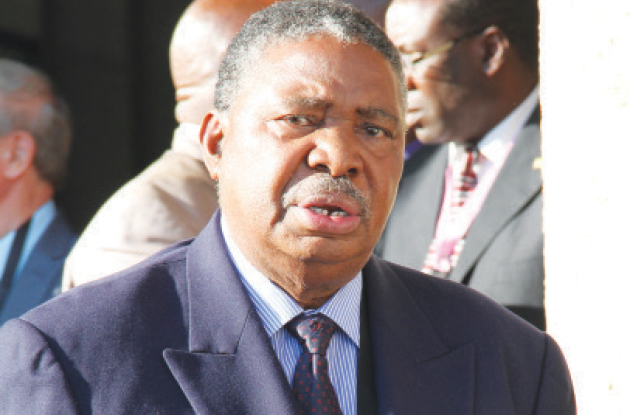Govt urged to abolish 21,000 posts

 Lloyd Gumbo Harare Bureau
Lloyd Gumbo Harare Bureau
THE Auditor-General’s Office has recommended that Government abolishes about 21,000 vacant posts in line ministries and the Office of the President and Cabinet, a development that will result in about $100 million worth of savings per annum. In a civil service audit report for 2015 presented to Parliament last week, the Auditor General, Mrs Mildred Chiri, said Government could do with the current establishment. The public service wage bill chews about 83 percent of Government revenue.
“There were 20,801 vacant posts in 24 line ministries during the time of the audit,” reads the report. “The existence of vacant posts for a long time showed that ministries were coping without the posts being filled. The abolition of vacant posts results in a saving of $99,192,744 per annum.”
Some of the ministries with a number of vacant posts include Agriculture, Mechanisation and Irrigation Development (5,636), Higher and Tertiary Education, Science and Technology Development (2,480) and Primary and Secondary Education (1,229).
The Ministry of Energy and Power Development has the least number of vacant posts (32), followed Foreign Affairs (32), while the Ministry of Tourism and Hospitality has 41 vacant posts.
However, the Ministry of Health and Child Care is not among the ministries that were audited for abolition of vacant posts. The Auditor-General recommended that a total of 20,801 vacant posts be abolished.
“A total of 12,392 posts was committed expenditure (a total of 5,206 relief teachers, 6,607 qualified teachers and 579 rest of the civil service). “The approved establishment is 188,070, but the number of filled posts fluctuate when relief teachers are engaged to replace substantive teachers on various types of leave.
“In the event that any Ministry needs additional posts, it should rationalise posts within its existing establishment,” said the AG. Meanwhile, the audit on State Parastatals and Enterprises for 2015 revealed that the National Railways of Zimbabwe did not insure its assets worth about $100 million except pool vehicles.
Among the uninsured assets are electric, diesel and steam locomotives, wagons and tankers. This, the audit said, exposed the assets to serious risk in the event that they were involved in an accident.
NRZ board chairperson, Mr Larry Mavima acknowledged the findings saying it was a deliberate move by management. “The Auditor-General’s observations are correct that some NRZ assets are uninsured but there were reasons for that,” he said.
“For example, we’ve about 30 electric locomotives of which only four are runners but only one would run effectively if the entire system was operational. But as you may be aware, the electric line between Dabuka and Msasa hasn’t been working for the past 10 to 15 years due to vandalism.
“So it was a management decision not to insure those locomotives since they’re not operational. Because of NRZ’s financial position, we decided we would rather use the money we get to buy spares and fix the locomotives so that they remain operational.
“However, we’ve started the process of insuring the diesel locomotives. We’ve already inquired about the premiums so we expect the tender to be floated by July 21 (next month) to cover locomotives, wagons, goods in transit and other assets.”











Comments